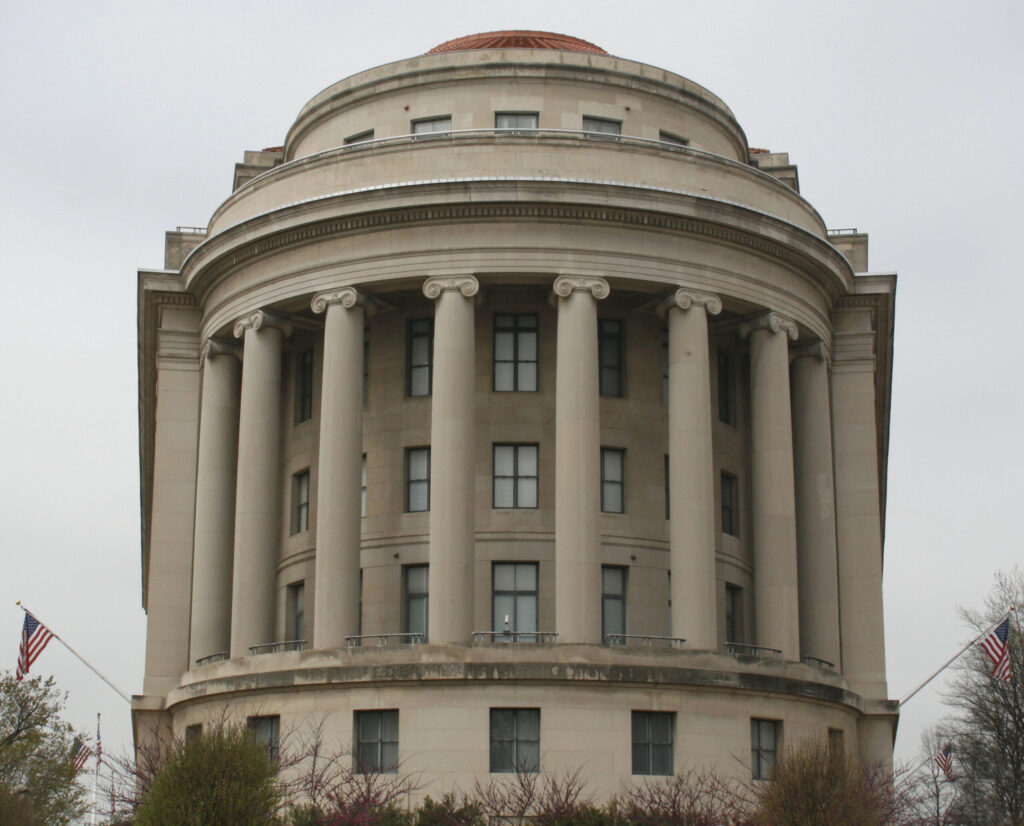FTC Sues Alleged Ticket Scalpers Under the BOTS Act, Says They ‘Regularly Circumvented’ Ticketmaster Security Measures


A 2018 PowerPoint slide from Ticketmaster concerning Key Investment Group and other alleged ticket brokers. Photo Credit: Digital Music News
Amid intense ticket-price scrutiny – and a DOJ antitrust action against Live Nation – the Federal Trade Commission (FTC) is officially suing several alleged scalpers under the BOTS Act.
The FTC submitted the high-stakes complaint to a Maryland federal court today, naming as defendants “interrelated” companies including Key Investment Group (also operating as Epic Seats), its TotalTickets.com and Totally Tix subsidiaries, and its Front Rose Tix and WLK Investments owners.
Likewise staring down the complaint are individuals including Key Investment CEO Yair Rozmaryn, CFO Elan Rozmaryn (who, per his LinkedIn profile, doubles as CEO of Loan Sherpa, which says it guides “ticket brokers to secure bank loans with confidence”), and chief strategic officer Taylor Kurth.
(According to a 2018 release, Kurth owned a pair of “ticket-buying companies” called Find My Seats and Box Office Pros, which paid Washington $60,000 for alleged bot-related violations of the state’s Ticket Sellers Act.)
As summed up by the suit, the defendants have operated “through an interrelated network of companies that have common or interrelated ownership, officers, managers, business functions, marketing, employees,” and more.
And that interrelated network is said to have specialized in scooping up event tickets and reselling them at a markup – to the tune of allegedly executing north of 107,265 Ticketmaster purchases, encompassing somewhere around 380,000 tickets, from the top of November 2022 until 2023’s end.
When doing so, the defendants “regularly circumvented security measures, access control systems, and other technological controls or measures on Ticketmaster’s websites,” according to the legal text.
Those alleged efforts – signed into law back in 2016, the heretofore little-applied BOTS Act bars the circumvention of ticketing-platform security measures as well as the resulting passes’ sale – are said to have involved “thousands” of credit card numbers and fictitious names, various IP proxy services, and “computer software and technologies” to boot.
(As laid out by the complaint, the defendants even bought “hundreds of Ticketmaster accounts” via a flyer-based “crowdsourcing opportunity” that paid between $5 and $20 per obtained Verified Fan presale code. Participants allegedly made new Gmail addresses, tied the handles to fresh Ticketmaster accounts, and then sent along the details to the defendants.)
When it comes to the hard numbers behind the purported scheme, the defendants allegedly procured 321,286 non-sports tickets across June 2022 and December 2023.
The relevant passes cost a cumulative $46.76 million and were ultimately resold at a $5.66 million profit, the action maintains.
Of course, the defendants allegedly zeroed in on high-demand happenings. Between March and August 2023, for example, they allegedly seized upon 2,280 tickets to 38 of Taylor Swift’s Eras Tour stops; these passes allegedly delivered $1.22 million in resale profit.
Regarding specific shows: The defendants allegedly netted over $119,000 on 273 resold tickets to Swift’s March 25th, 2023 Allegiant Stadium concert, which capped purchases at six passes. And Bruce Springsteen’s September 1st, 2023 MetLife Stadium performance saw the same parties allegedly net nearly $21,000 on 1,530 tickets.
All told, the FTC is seeking a permanent injunction blocking “future violations” of the BOTS Act – besides a massive pile of civil penalties.
We won’t have to wait for a formal response from Key Investment, which, though the maneuver largely flew under the media radar, closed out July by suing the FTC over its allegedly “flawed interpretation of the BOTS Act.”
“In an unprecedented move,” Key Investment retorted in a separate release today, “the FTC has twisted the intent of the Better Online Ticket Sales (BOTS) Act, a law designed to target malicious software, into a weapon against legitimate businesses and consumers. Under the FTC’s interpretation, anyone who purchases more than four tickets or uses more than one account could be deemed in violation of federal law.
“That outcome is not only illogical, it is absurd,” the company continued. “Even more troubling, the FTC misleadingly characterizes KIG’s use of standard internet browsers to purchase tickets as equivalent to deploying unlawful software. This portrayal is both deceptive and malicious.
“KIG is prepared to vigorously defend itself against this clear example of regulatory overreach.”
Separately, the National Consumers League applauded the action but doubled down on calls for Congress to pass the TICKET Act.
Link to the source article – https://www.digitalmusicnews.com/2025/08/18/bots-act-action-august-2025/
-
Musical Instrument Bugle Brass Wind Army Brass Band Trumpet Metal Flugelhorn to Play Decorative Gift for Boys & Girls, Military Cavalry Scouting Trumpet Bugle with Mouthpiece (7 INCH)$35,50 Buy product
-
Jupiter Standard Bb Cornet 520L$279,00 Buy product
-
Rock Keyboard Modern – Large Unique WAVe/Kontakt samples/loops studio LibraryBuy product
-
CarolBrass CTB-1005-YSS-L Mini Trombone, Slide Bb Trumpet$0,00 Buy product
-
AKAI Professional LPK25 – USB MIDI Keyboard Controller with 25 Responsive Synth Keys for Mac and PC, Arpeggiator and Music Production Software,black$59,00 Buy product
-
FanMerch Drum Kit Led Zeppelin, John Bonham, Tribute Vistalite Transparent Amber Mini Drum Set Replica Collectible$69,99 Buy product












Responses